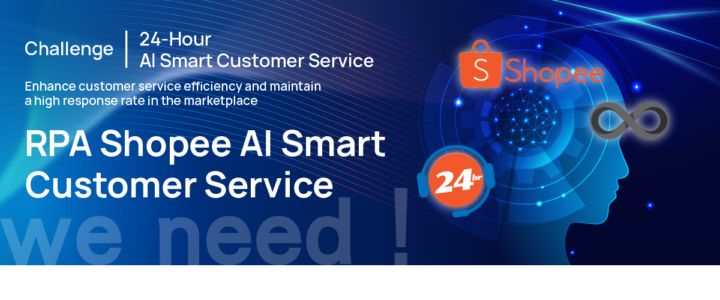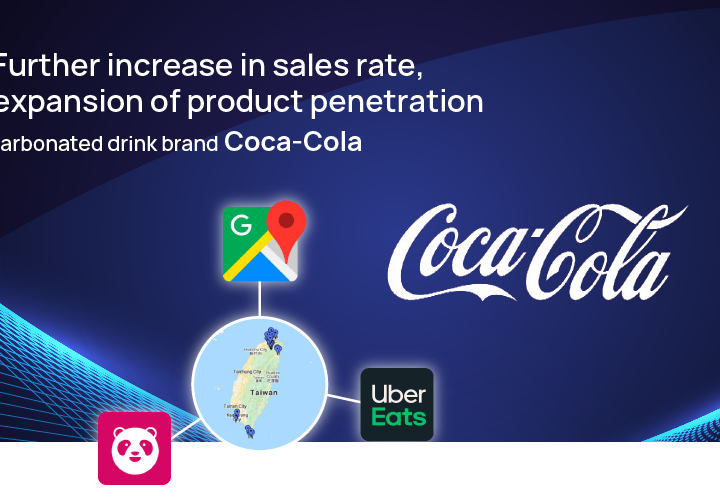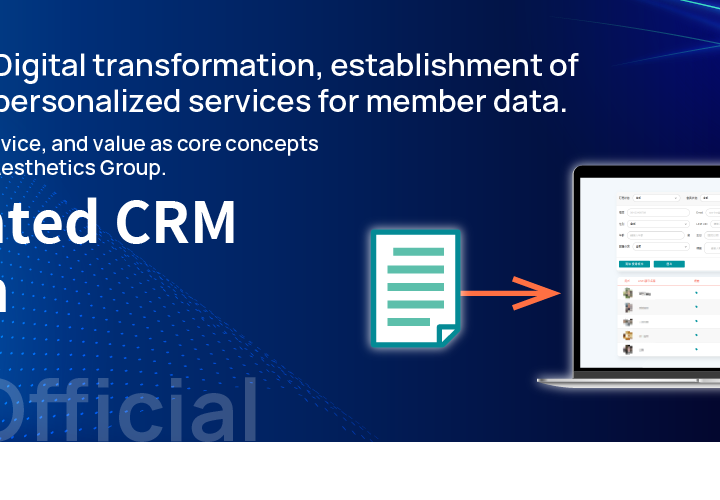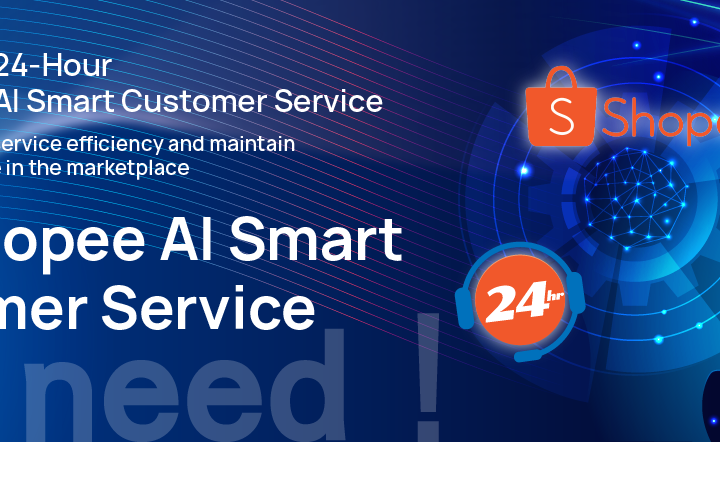【Application Share】Marketers, Free Your Hands: Discover the Power of Automation!
Today, RPA (Robotic Process Automation) technology has become a popular trend. This intelligent automation technology can efficiently handle various repetitive office tasks, such as data extraction, form filling, and document transfer. Although it sounds highly technical, can such advanced technology actually impact our daily work?

Automation Technology: From Imagination to Reality
If you’re in charge of managing multiple Shopee store ads, you might already be feeling the burden of daily ad management. This involves checking and adjusting the performance of each ad every day, from click-through rates (CTR) to cost per click (CPC), and overall ad expenditure. To maximize effectiveness, you may need to perform a series of operations, such as turning off poorly performing ads, removing ineffective keywords, or increasing budgets for high-performing keywords. These tedious and highly repetitive tasks are not only time-consuming but can also lead to poor ad performance due to fatigue and human error. However, automation technology is the perfect tool to solve these problems. By automating these rule-based tasks, you can free up your hands and focus your energy on more strategic and creative work.

From Manual to Automated: How to Get Started
The core of automation lies in transforming tasks with “clear rules and logic” into processes that can be executed continuously. These tasks are typically highly repetitive and time-consuming, such as daily ad budget adjustments or keyword optimization. Since these tasks follow set rules, they are ideal for automation. Before starting the automation process, it’s essential to thoroughly analyze and plan your existing workflows. This involves several steps:
Document all operational steps and decision criteria in detail, such as how to adjust ad budgets, when to change keyword strategies, etc.
Organize the conditions and outcomes for each task, such as:
- Automatically increase the corresponding budget when the ad CTR reaches a specific value.
- Automatically reduce the budget when the CPC falls below a certain value.
- Expand keyword coverage or increase related ad placements when keyword exposure reaches the preset target. Once the rules and conditions are clear, you can begin designing the automated processes. This may involve writing scripts or using automation tools to set these conditions, ensuring that once the conditions are triggered, the corresponding actions are executed automatically without human intervention.
Implementing Automation: How to Find the Right Partner
When businesses undergo automation transformation, the biggest challenge is often not the technology itself, but clearly identifying the specific workflows that need improvement. As illustrated in the previous example, we’ve already organized the workflows and logic for repetitive tasks. The next crucial step is to find an experienced technical partner who can carefully listen to your needs and help you achieve your automation goals. As we can see, transitioning to automation isn’t as difficult as it might seem. As long as you can accurately analyze your situation and find the right partner, your business will be able to smoothly upgrade its technology.
The Future of Automation: A Combination of Efficiency and Innovation
Automation is not just a technological innovation; it’s an investment in efficiency and innovation. By implementing automation solutions, businesses can not only enhance daily operational efficiency, reduce errors, and save time, but also free up valuable employee time, allowing them to focus on more creative and strategic work. Additionally, as businesses gain experience in problem-solving, teams can use past logic more flexibly to tackle future challenges, better adapting to various business needs and driving the industry forward. Ultimately, automation will help businesses maintain a leading position in a competitive market, achieving sustained growth and innovation.
|View Related Cases
RPA – Achieving 24Hour AI-Powered Customer Service
AI Applications/AI Customer Service/
|Other Cases
Data Collection and Analysis – Creating Precise Market Insights
Valentine’s Day Interactive Engagement and Dissemination – Creating Conversational Business Practices
LINE Applications/Marketing Technology/
LINE Official Extension – Digital Promotional Game Interactivity
LINE Applications/Marketing Technology/














